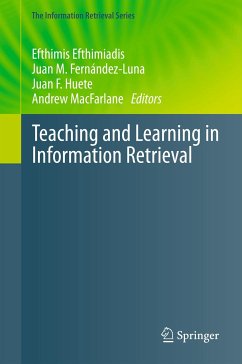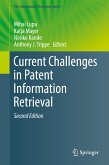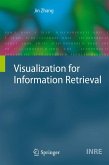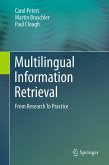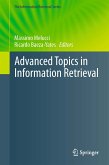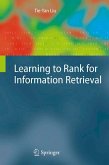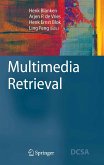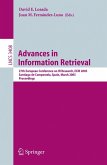In parallel, teaching IR is turning into an important aspect of IR generally, not only because it is necessary to impart effective search techniques to make the most of the IR tools available, but also because we must provide a good foundation for those students who will become the driving force of future IR technologies.
There are very few resources for teaching and learning in IR, the major problem which this book is designed to solve. The objective is to provide ideas and practical experience of teaching and learning IR, for those whose job requires them to teach in one form or another, and where delivering IR courses is a major part of their working lives.
In this context of providing a higher profile for teaching and learning as applied to IR, the co-editor of this book, Efthimis Efthimiathis, had maintained a leading role in teaching and learning within the domain of IR for a number of years. This book represents a posthumous example of his efforts in the area, as he passed away in April 2011. This book, his book, is dedicated to his memory.
Dieser Download kann aus rechtlichen Gründen nur mit Rechnungsadresse in A, B, BG, CY, CZ, D, DK, EW, E, FIN, F, GR, HR, H, IRL, I, LT, L, LR, M, NL, PL, P, R, S, SLO, SK ausgeliefert werden.

